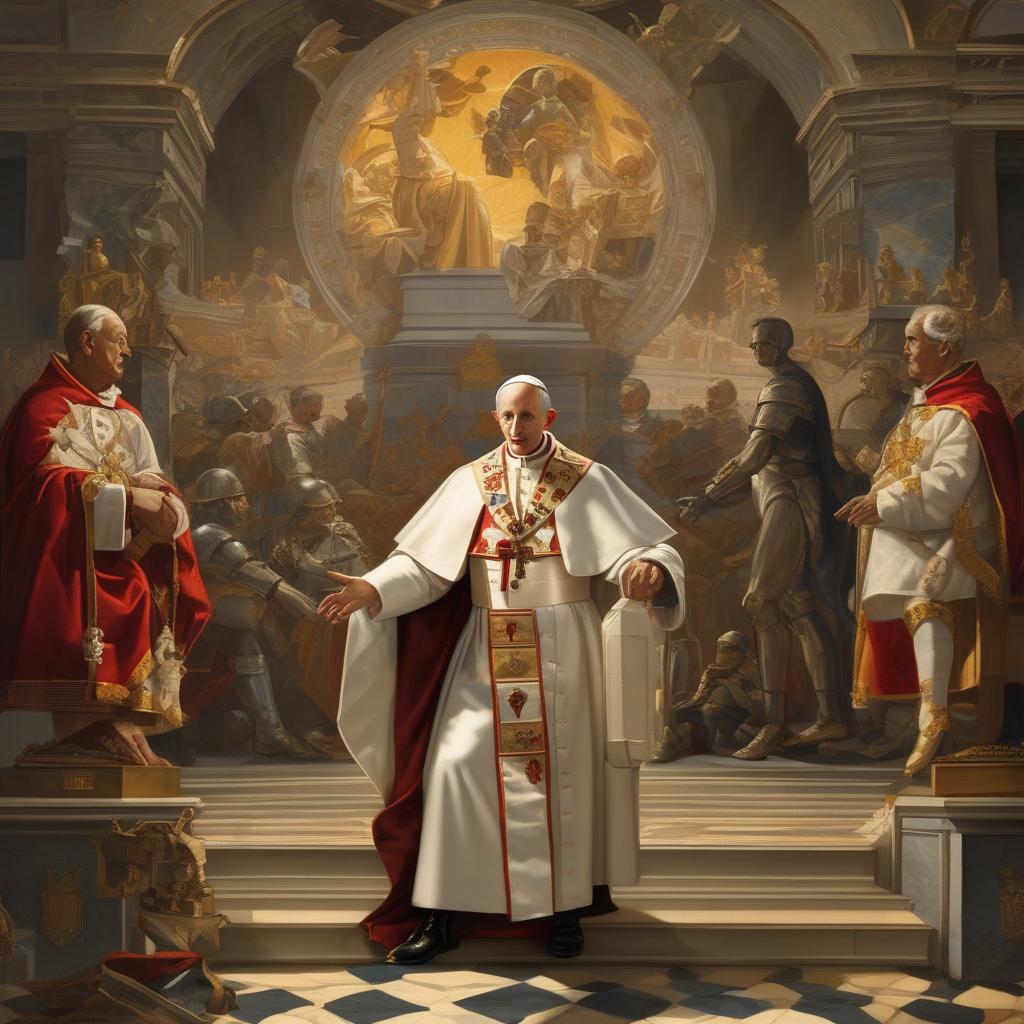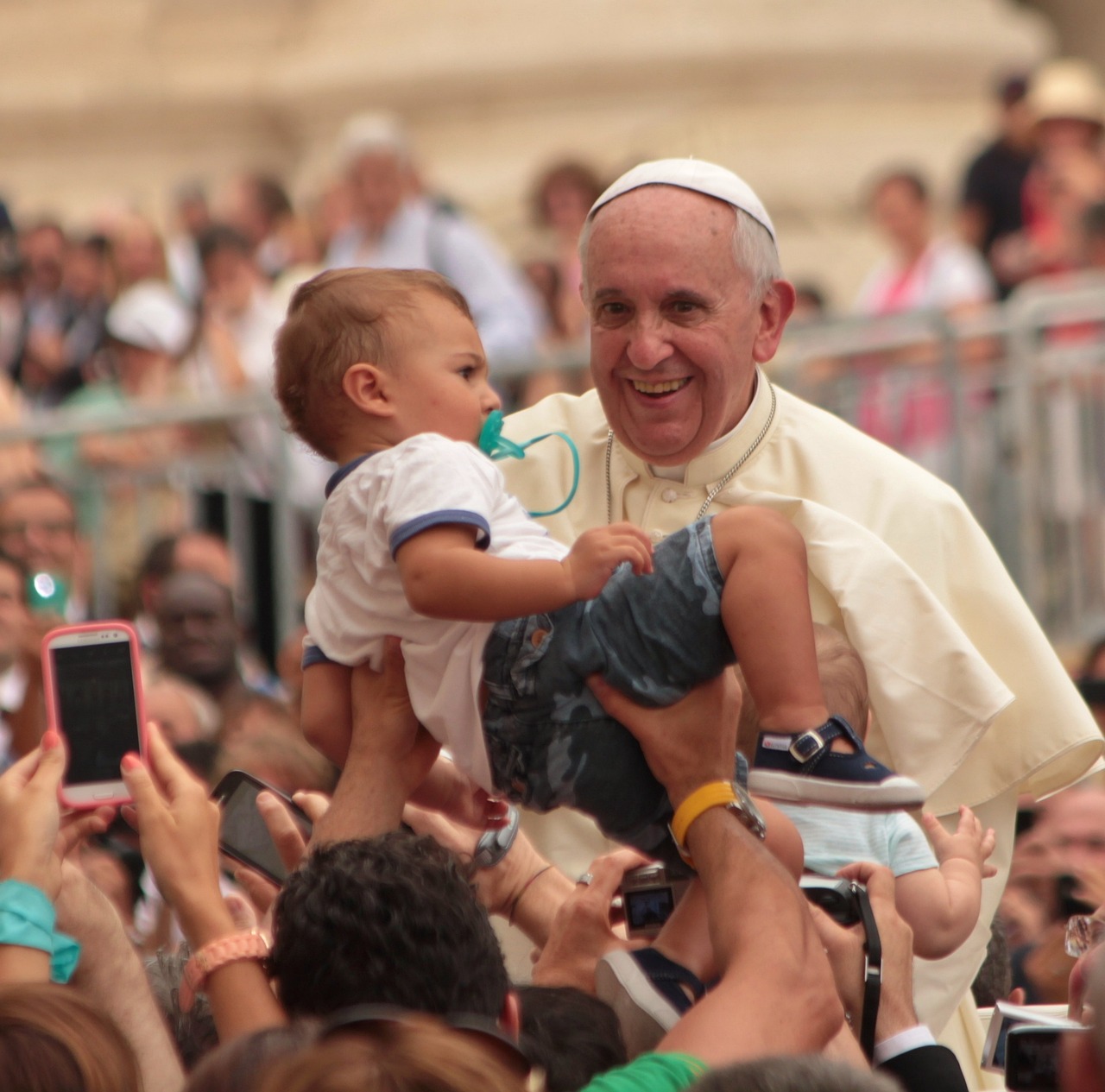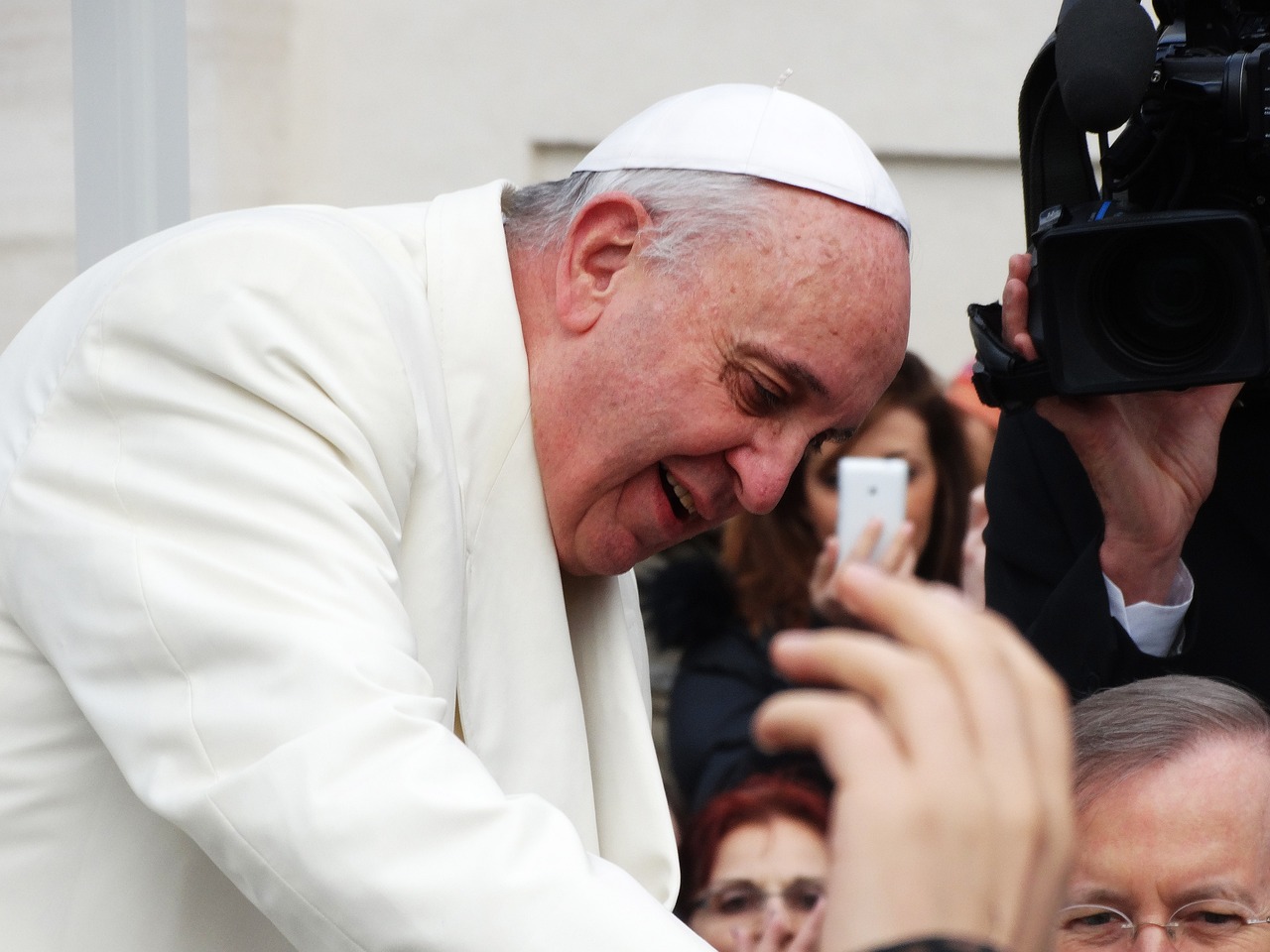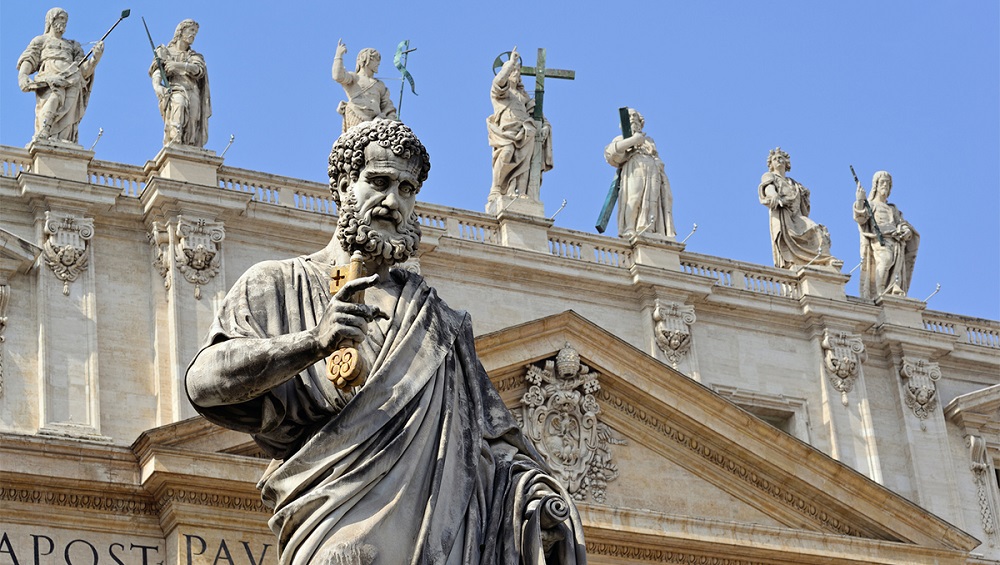
JD Vance’s ordo amoris found its ecclesiastical placet in Cardinal Camillo Ruini’s unique reinterpretation of the parable of the prodigal son.
According to Ruini, with pope Francis the Catholic Church has been too concerned with the son who left: now time has come to set things right and focus on the son who always stayed with his father.
There would therefore be a host of (true) Catholics who felt excluded from Francis’ pontificate and who are now awaiting their revenge at the hands of the new pope. In short, after Francis, the new pope’s task would be to make the Catholic Church truly Catholic again – or, with other words: Make the Catholic Church Great Again.
Cardinal Ruini’s interpretation of the parable not only distorts its evangelical meaning, that is, what Jesus meant to say to the apostles and disciples, but also contains a subtle perversion. The political perversion of Cardinal Ruini’s reading of the Gospel is immediately apparent. It is not just a placet to JD Vance’s ethno-nationalist understanding of the ordo amoris, but also a veritable nihil obstat to the politics of the US President Donald Trump.
***
But the perversion goes deeper and concerns also the relationship between the Gospel and the Catholic Church. First, because such reading of the parable implies that the Gospel must adapt itself to what a part of Catholics (whether cardinals, bishops, priests, laypeople—or even popes) tolerate of its message. Beyond this limit of tolerance, the Gospel is no longer valid. What is not tolerated by the Catholics who feel themselves represented by Cardinal Ruini (and vice president Vance) therefore becomes a mistake of God that the (true) Catholic Church, with the pope in primis, must absolutely correct.
This view of the Church makes out of it the institution called to protect God from himself—to rebuke him for his gross error of going in search of the lost sheep, of waiting for the lost son and celebrating his return home, of recognizing that a pagan woman knows the truth about God better than Jesus himself.
What Cardinal Ruini proclaims, in good company with JD Vance, is the supremacy of the Catholic Church over the Gospel—and therefore the supremacy of the politics that Vance is pursuing over the Word of God.
***
But as soon as we begin to read the parable through the eyes of the Son (Jesus) who always stayed with the Father (God), the revenge of the son who stayed home, which Cardinal Ruini hopes will be the direction taken by the next pontificate, turns against all those “poor” Catholics who felt been forgotten by Pope Francis. Read with these eyes, one must recognize that we are all the son who left home, even Cardinal Ruini and all those Catholics he wanted to represent with his interpretation of the Gospel.
If God would reason as Cardinal Ruini and US Vice President Vance do, they would be the first ones excluded forever from that house of the merciful father which should be the Catholic Church. Wanting to correct God’s mistake is a reckless undertaking that backfires if one is consistent to the end.
Obviously, neither Ruini nor Vance see themselves to be the son who left, and therefore they consider themselves to be above what Jesus did for them as well. Their Catholicism thus asserts its supremacy over the salvation that is Jesus for all humanity—even for a cardinal of the Holy Roman Catholic Church and a vice president of the United States.
***
Both the ordo amoris of JD Vance and Cardinal Ruini’s son who always stayed home claim to be the representation of God’s truth and thus to define what the Catholic Church is and must be in today’s world. Both are united by a supremacy of the Catholic Church as they want it to be over the Gospel of Jesus. In doing so, both want the Catholic Church to be subordinate to the messianic (but in last instance, all too worldly) power of the chosen Nation.
Both, therefore, cite theological tradition and the Gospel to legitimize the supremacy of worldly powers over the God of Jesus—a supremacy of which the Catholic Church should be the guarantor and not an annoying critical institution.









